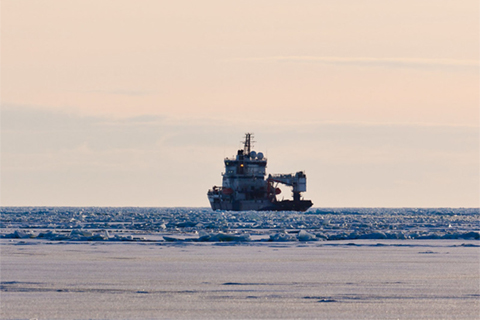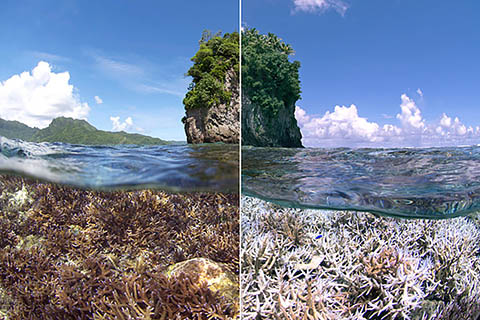
NOAA is an agency that enriches life through science. From the surface of the sun to the bottom of the ocean, NOAA advances scientific understanding of Earth's environment, climate, and weather.
Societies, governments, and individuals can take steps to reduce risks and vulnerabilities to shifting climate and weather events in their homes, communities, and businesses.

There is great potential for the collective actions of many individuals worldwide to reduce global warming by making changes in their daily and annual activities that produce heat-trapping gases and aerosols.

Business leaders can evolve their business models to stay profitable while improving their energy efficiency, reducing their carbon emissions, and reducing their, and their climate-related risks.

While we cannot stop global warming overnight, or even over the next several decades, we can slow the rate and limit the amount of global warming by reducing human emissions of heat-trapping gases and soot.

Weather and climate occur on different scales of time and space, and depend on different aspects of Earth's environment. Weather describes atmospheric conditions at a particular time and place. Climate is the overall statistical characteristics of weather and environmental conditions, such as long-term averages and ranges of variability, for a given place and season.

Human-caused climate change is not the sole cause of any single extreme event. However, changes in the intensity or frequency of extremes may be influenced by human-caused climate change.

Yes, there will probably be some short-term and long-term positive benefits from global warming, but the negative costs and impacts of continued global warming are very likely to far outweigh the positive benefits over the course of this century.

Global warming and related climate change are negatively impacting species and habitats across the country, including many that are economically and culturally important to Americans.

From heat-related illness, to the spread of pests and pathogens into new areas, to the accumulation of toxins in seafood, global warming is likely to have serious impacts on public health.